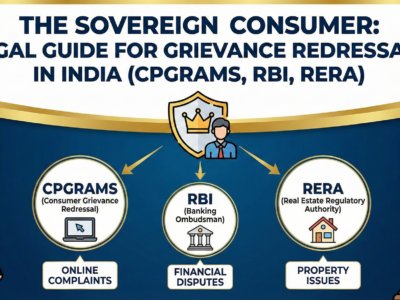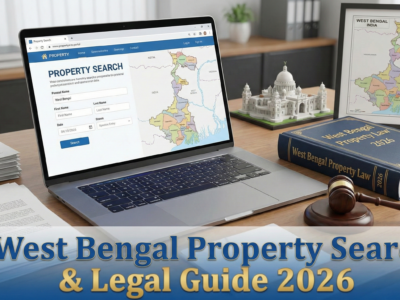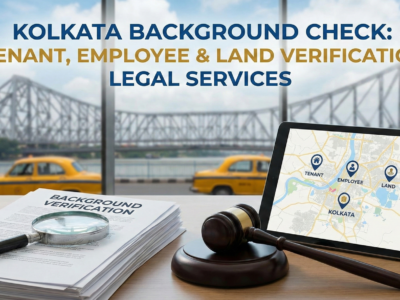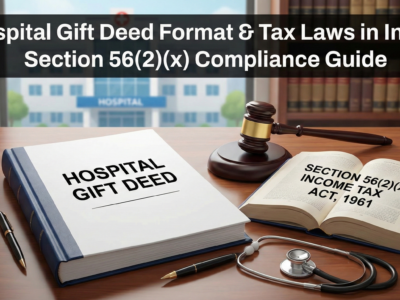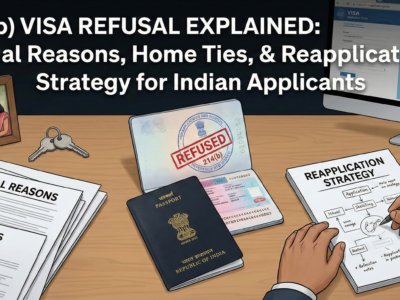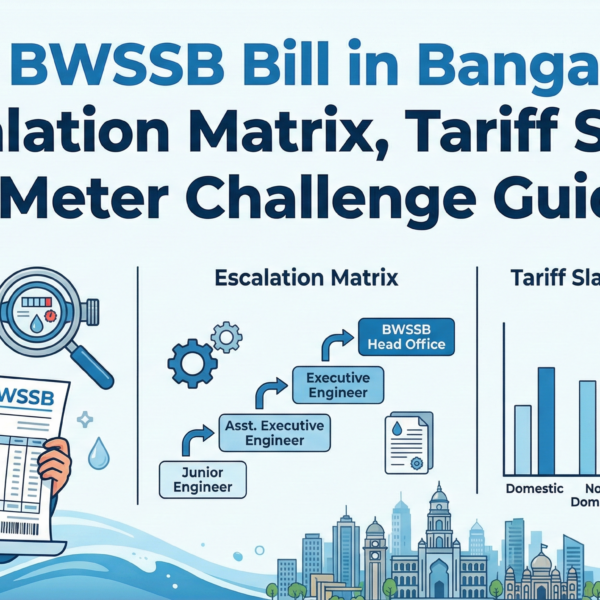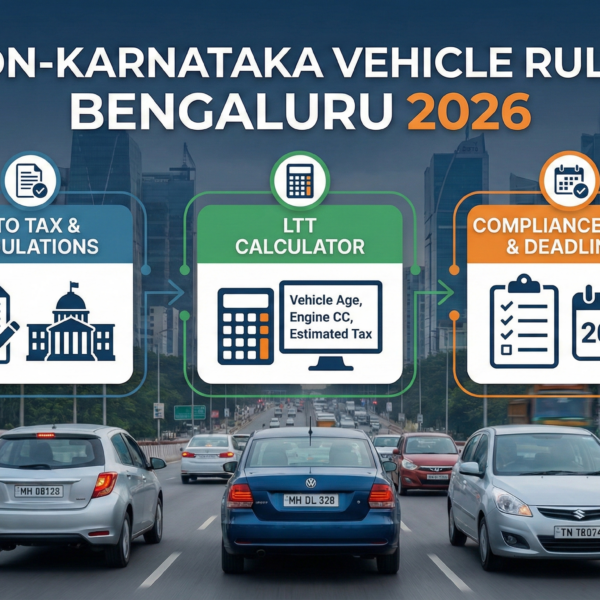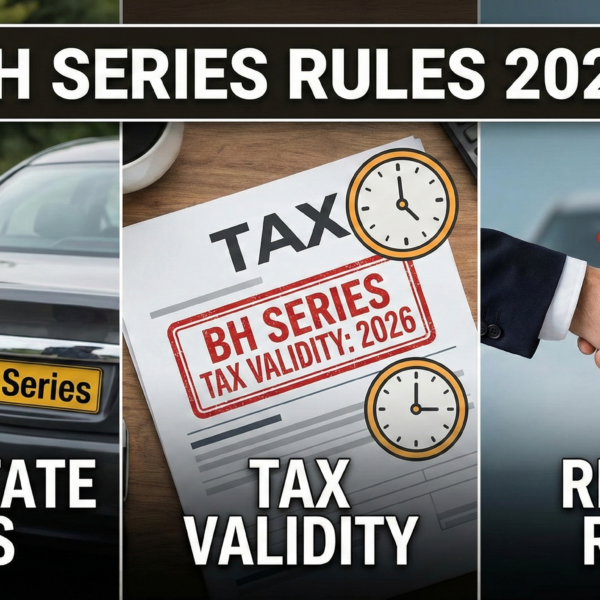Those breathtaking, cinematic drone shots are the latest must-have for any modern Indian wedding. But navigating the web of DGCA regulations—from pilot licenses to no-fly zones—can feel overwhelming and puts you at risk of hefty fines.
The most critical point that most people miss is that hiring a photographer immediately classifies the flight as a “commercial operation,” which has its own strict set of rules. This guide, updated for 2025, cuts through the legal jargon. We’ll walk you and your vendors through everything needed to ensure those spectacular aerial memories are captured safely, legally, and without a single worry.
Flying a Drone at Your Wedding?
Your complete, interactive guide to India's Drone Rules, 2021. Navigate the law with confidence and capture your special day legally.
First Things First: Is It Legal?
Using a drone for your wedding photos isn't just a creative choice—it's a regulated activity. The most critical point to understand is this: if you're paying a photographer for their service, it's a commercial operation. This single fact changes everything and means that rules for hobbyist flying do not apply.
India's drone laws, updated as the Drone Rules, 2021, have been liberalized to make compliance easier. They replaced older, complex rules and abolished confusing permits like the UAOP. Today, the system is built on trust and self-certification through the mandatory DigitalSky platform.
Key Takeaway
A paid wedding shoot is a commercial flight, requiring a higher level of legal compliance.
Understanding the Law: The Drone Rules, 2021
The Drone Rules, 2021, marked a major shift towards making drone usage easier and more accessible in India. The framework is built on "trust, self-certification and non-intrusive monitoring" to foster growth while ensuring safety.
The DGCA & DigitalSky
The Directorate General of Civil Aviation (DGCA) is the main regulatory body. All drone-related activities, from registration to flight planning, must be done through their online, single-window portal: the DigitalSky Platform.
Key Liberalizations
The new rules drastically simplified compliance by reducing the number of forms from 25 to 5, cutting fees from 72 to 4, and abolishing old permits like the UAOP. This makes it easier than ever for professionals to be fully compliant.
Know Your Drone: Weight Matters
The Drone Rules classify drones by their maximum all-up weight (MAUW), which includes the drone plus any payload like a camera. This classification determines the specific regulations that apply. Most wedding drones fall into the Nano, Micro, or Small categories.
Your Compliance Checklist
Use the filters below to see the exact requirements for your drone category. Remember, for a paid wedding shoot, even a Micro drone needs a certified pilot!
| Drone Category | Max All-Up Weight (MAUW) | UIN (Drone Registration) | RPC (Pilot Certificate) | Third-Party Insurance |
|---|---|---|---|---|
| Nano | ≤ 250 g | No, Exempted | No, Exempted* | No, Exempted |
| Micro | > 250 g and ≤ 2 kg | Yes, Mandatory | Yes, Mandatory | Yes, Mandatory |
| Small | > 2 kg and ≤ 25 kg | Yes, Mandatory | Yes, Mandatory | Yes, Mandatory |
*Note: While Nano drones are exempt from requiring an RPC, the rules prohibit their use for commercial purposes. A paid wedding shoot is commercial, making this a legal grey area. Using a fully compliant Micro drone is the safest option.
The 3 Pillars of Legal Drone Flight
To fly legally, you must satisfy three core requirements. A failure in any one pillar makes the entire operation illegal.
1. The Drone
Must be a DGCA Type-Certified model and registered on DigitalSky to get a Unique Identification Number (UIN).
2. The Pilot
The operator must hold a valid Remote Pilot Certificate (RPC) from a DGCA-authorised training school (RPTO).
3. The Flight
The flight must adhere to the airspace rules (Green, Yellow, Red Zone) of the wedding venue's location.
Check Your Zone: Where Can You Fly?
Before every flight, your pilot MUST check the venue's location on the official DigitalSky Airspace Map. The map is the definitive guide and is built on a "No Permission, No Takeoff" (NPNT) protocol, which technologically prevents illegal flights.
RED ZONE
(~0-5 km)
NO FLYING
YELLOW ZONE
(~5-8 km)
PERMISSION NEEDED
GREEN ZONE
Ideal scenario. No prior permission needed to fly up to 400 ft. Just follow standard operating rules.
YELLOW ZONE
Permission is Mandatory. Pilot must file a flight plan on DigitalSky and get approval from Air Traffic Control (ATC).
RED ZONE
Flight Prohibited. Permission is only granted by the Central Government, which is practically impossible for a private event.
Hiring a Drone Pilot? Ask for Proof!
Protect your event. Before signing any contract, demand these documents from your photographer. A true professional will have them ready.
1. UIN Certificate
The drone's official registration document from DigitalSky.
2. Pilot's RPC
The pilot's license, proving they are certified to fly commercially.
3. Insurance Policy
Proof of valid third-party liability insurance for the drone.
4. NPNT Compliance
Confirmation that the drone has the mandatory "No Permission, No Takeoff" safety feature.
On the Big Day: Essential Flight Rules
Even with all certifications, the pilot must follow strict operational rules during the flight to ensure safety.
Do Not Fly Over Crowds
Flight paths must be planned to avoid flying directly over groups of guests.
Maintain Visual Line of Sight
The pilot must be able to see the drone with their own eyes at all times (VLOS).
Respect Altitude Limits
Do not fly above 400 feet (120 meters) unless specific ATC permission is granted.
Understanding the Risks
Penalties for Non-Compliance
Violating the Drone Rules can lead to significant penalties. The maximum financial penalty for a violation is ₹1 Lakh. Authorities may also confiscate the drone equipment and take further legal action.
A Note on Foreign Nationals
Foreigners are not permitted to fly drones in India. For destination weddings, a foreign team must lease their drone to an Indian entity, and the flight must be operated by a pilot holding a valid Indian Remote Pilot Certificate (RPC).
Frequently Asked Questions
No, not for commercial use. Any drone operated in India (except Nano) must be a DGCA Type-Certified model and registered to get a UIN. An imported drone cannot be registered unless the manufacturer has obtained Type Certification for that model in India. Flying an unregistered, non-certified drone is illegal.
The Drone Rules, 2021, apply to drones flown in the open-air airspace of India. A flight within an enclosed premises (like a banquet hall or covered stadium) is technically outside the DGCA's purview. However, you MUST get explicit permission from the venue owner, and the operator is still liable for any damages or injuries caused.
Type Certification is a mandatory approval from the DGCA for a specific drone model, verifying it meets all safety and manufacturing standards. It's the manufacturer's responsibility to get this. You can only legally register and fly a drone model that is on the DGCA's approved list of Type-Certified drones.
Not anymore. Thanks to the Drone (Amendment) Rules, 2023, the requirement for an Indian passport has been removed. Now, any government-issued proof of identity (like a Voter ID or Driving License) and proof of address are sufficient to apply for a Remote Pilot Certificate, making it much more accessible.
Final Recommendations
For Clients & Planners
- Add a Compliance Clause: Put it in the contract that the photographer is fully compliant with all DGCA rules and assumes full liability for their drone operations.
- Do Your Due Diligence: Use the vetting checklist in this guide. No documents, no deal.
- Coordinate with the Venue: Ensure the property owner has given explicit consent for drone use.
For Photographers
- Invest in Compliance: Your RPC and drone registration are essential business assets, not optional extras.
- Educate Your Clients: Explain the rules to build trust and manage expectations, especially about airspace limitations.
- Market Your Certification: Use your legal compliance as a unique selling point to attract serious clients who value professionalism and safety.

